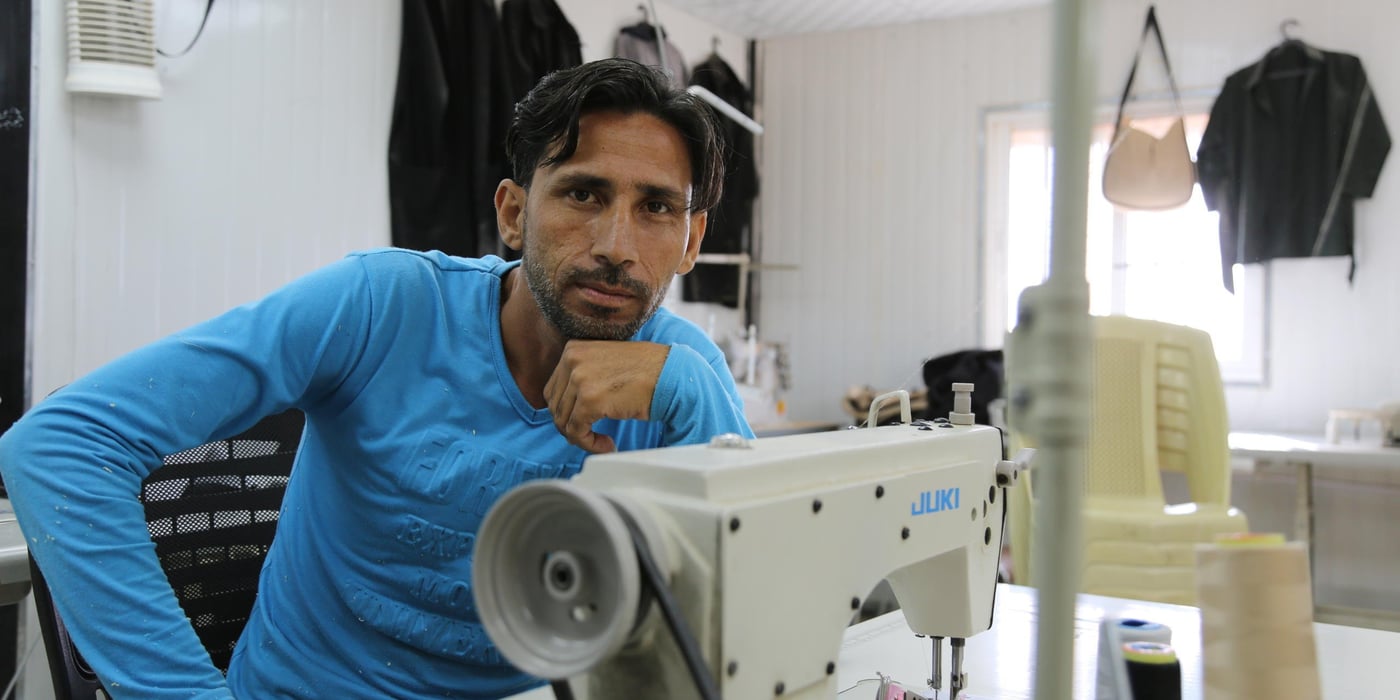
A report published today by Norwegian Refugee Council sheds light on the housing situation, which is one of the key factors behind such desperate decisions.
NRC’s report finds one in five Syrian refugee households in Jordan living in shelter which does not offer them basic protection from the elements, and many more live in sub-standard housing conditions with inadequate toilets and kitchens. Similarly, almost half of the refugees in Lebanon live in inadequate housing conditions. People are also being forced to move multiple times into worse accommodation as they are unable to pay rent, with children particularly affected.
For the vast majority of refugees who live outside camps, rent is by far the largest single expense they face.
“Reduced international assistance, rising debt and heavy restrictions on livelihoods, mean that paying rent for even very basic accommodation has become a daily struggle,” said NRC’s Regional Director in the Middle East Carsten Hansen. “Unless more support can be given to refugees and the countries that host them, many more could find themselves forced to return to Syria or to undertake the perilous journey to Europe, as tens of thousands have already done.”

NRC staff member and a Jordanian landlord during a site visit on a property that falls under the urban shelter programme for rehabilitation. Photo: Dara Masri/NRC
In order to cope, many refugee families are forced to take on increasing debt, or send their children to work which means they miss out on education. Most share accommodation with other families to keep up with the rent. In Jordan, more than half of all families assessed by NRC share accommodation to save costs, while in Lebanon it is estimated that between one third and a half of refugee families share accommodation.
Many refugee families are at risk of forced eviction or exploitation by landlords, because they lack written rental agreements. Up to 20 per cent of refugee families in Jordan do not have any form of contract, with some 10 per cent under immediate threat of eviction. In Lebanon, only 15 percent have written agreements. Up to 98 per cent of those evicted in Lebanon did not have a contract.
The lack of rental contracts has in turn implications for registration, access to services and residency, because of the myriad of new restrictions across the Middle East.
“In Jordan and Lebanon, without evidence that you have a place to stay, many refugees risk losing official residency status, resulting in losing access to essential health and education services and could face possible deportation back to Syria, against international human rights principles,” Hansen said.
Others may be forced towards Europe or other areas outside the Middle East. Last year, 69,000 or 32 per cent of the people who reached European Union countries by sea, were from Syria.




